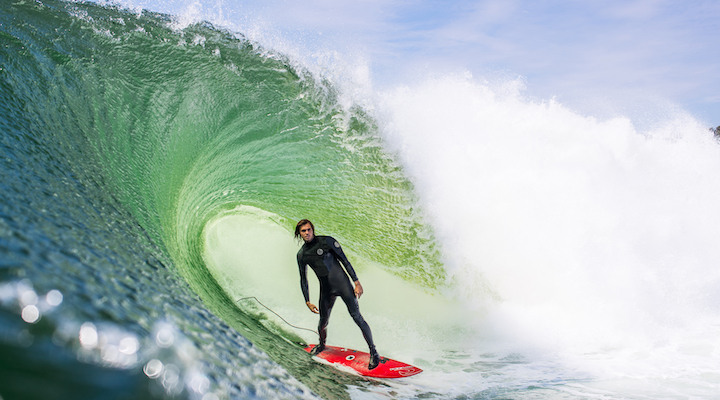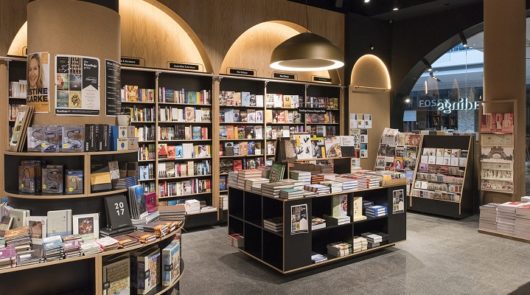Following a difficult, but relatively strong annual result for last year, outdoor group Kathmandu has suffering a weak start to FY22, with first quarter sales down for both its Kathmandu and Rip Curl brands.
Kathmandu saw sales fall 17.6 per cent during the 13 weeks to 31 October, while Rip Curl sales fell 9.4 per cent, though both were considered positive when adjusted for the impact of Covid-19 lockdowns across Australasia.
And, unsurprisingly, online sales continued to deliver a safety net – up 11.2 per cent at Rip Curl and 58.4 per cent at Kathmandu.
“Covid-19 continues to be a major disruption in the first quarter, with Australasian retail stores significantly impacted by lockdowns, and supply chain disruption impacting our ability to fulfil strong wholesale demand,” Kathmandu Group chief executive Michael Daly told investors.
“Despite the challenging trading conditions to date, we are ready to capitalise on growth opportunities as Covid restrictions ease [and] continue to invest in the long-term expansion of our global house of outdoor brands.”
According to Daly, the brand has sufficient inventory to meet the levels of demand expected for the upcoming Black Friday and Christmas period, though is struggling to get its products into the North American market due to supply chain disruptions.
Demand for Rip Curl’s wetsuits outstrips supply in North America at the moment, and footwear brand Oboz’s production is only now able to ramp up in its Vietnam factories – meaning product deliveries will be impacted for the next quarter. Where possible, Kathmandu said it will attempt to manage the impact of this supply chain issue through “pricing and raw material substitution”.
In terms of what this means for the quarter ahead Kathmandu wouldn’t say, but that, noting the still-uncertain trading environment, it expects trading to improve in the second half of FY22.






